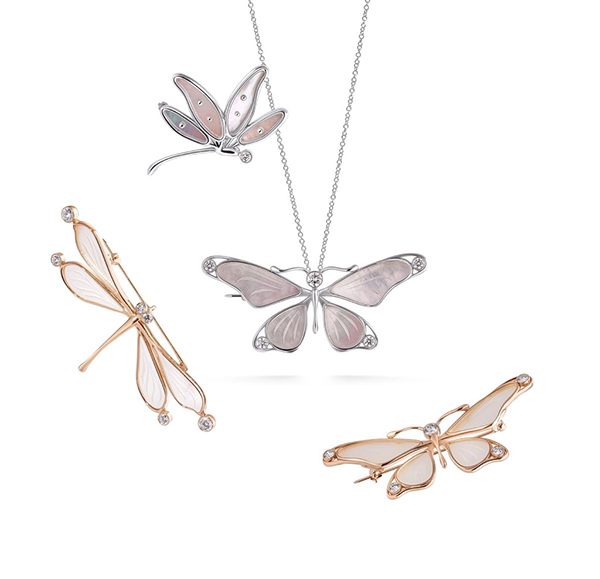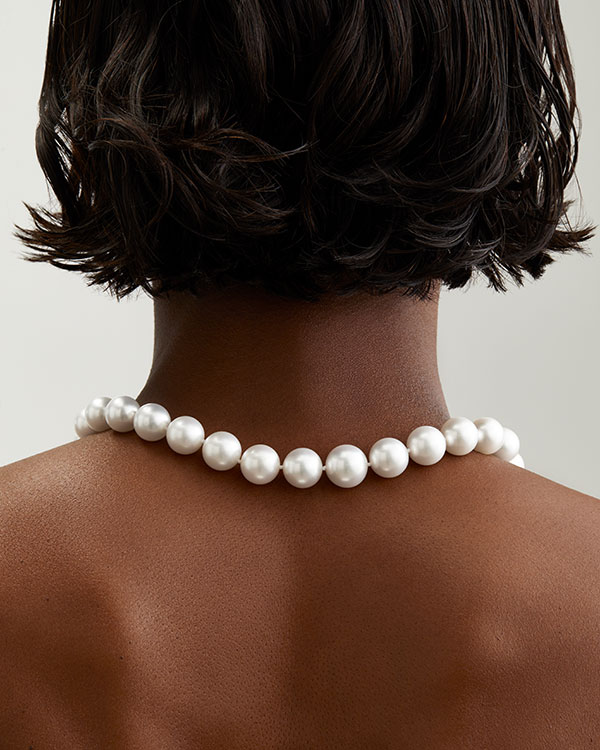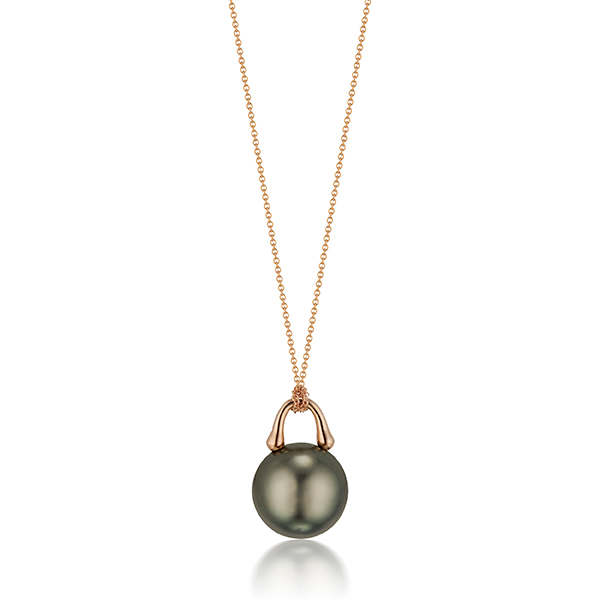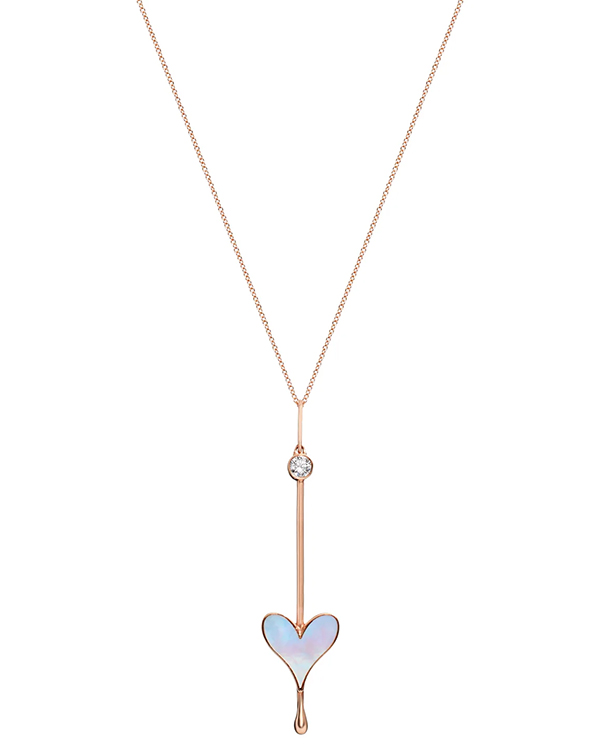
The fine jewelry brand Roseate promotes its saltwater cultured pearls as “traceable.” To many people, that might conjure an image of a long and winding supply chain that’s been documented in some fashion. But to Pam Cloud, the 25-year veteran of Tiffany & Co. who founded the pearl-focused brand in 2022, it means something much simpler.
“Right now, we only sell saltwater pearls and we only buy direct from farms,” Cloud tells JCK. “It’s really about true traceability.”
Roseate obtains its South Sea pearls and mother-of-pearl from Paspaley, Australia’s premier farmer, based in Darwin; its Tahitian pearls from Kamoka Pearls in Tahiti’s Ahe Atoll; and, as of this fall, akoya pearls from Kakuda, a 93-year-old farmer with headquarters in Ise, Japan.

“In a world where we talk about sustainability so much, our material is so sustainable,” Cloud says.
How does she know? That’s easy. She’s visited all three suppliers. Cloud began her market research in July 2023, when she toured Paspaley’s operation in Kuri Bay, in the Kimberley region of West Australia. In January, she spent four days at the Kamoka farm owned by Josh Humbert and Celeste Brash. And in July, she paid a visit to George Kakuda, who escorted her to the group’s farms in Ise, a 30-minute train ride from Osaka, and Amakusa, a peninsula in Kumamoto prefecture.
“When customers are trying to understand sustainability better, these farmers have such amazing stories to tell,” Cloud says. “When their pearls are healthy, that means the waters are healthy.”
Cloud knew Paspaley by reputation (“The world’s most beautiful pearls,” she said, echoing the brand’s tagline), but she acknowledged that Kamoka and Kakuda were harder to find.
“I knew I wanted to trace as much as I could back to the source—that was discovery work,” she says.
Cloud’s research involved speaking to people in the pearl industry—such as Laurent Cartier, a cofounder of the Sustainable Pearls Project—about which producers were the most responsible. “He introduced me to Kamoka,” she says.

The on-the-ground portion of her research was most revelatory—and rewarding. In Tahiti, for example, Cloud spent four days with the Kamoka team basically “camping on the Pacific Ocean,” she says. “There was water and electricity—but it’s rustic.”
“It’s hard to explain how eye-opening the trip was,” Cloud says. “They live in the most sustainable way possible. They catch their fish, produce very little garbage, take care of oysters in the water. They speak about materials with such care. That’s the reason why we go there. In all senses, these are the right partners.”
In Japan, Cloud experienced a different take on perliculture with George Kakuda. “He spoke about responsible pearl farming where there are actually humans living nearby and his efforts to make sure the industry there is healthy,” she says, adding that Kakuda recently built an eco-lodge, Cova Kakuda, that aims to attract tourists to the area.
This fall, Roseate is preparing to introduce a new line of akoya pearl jewelry as a result of its partnership with Kakuda.
“We haven’t had akoya pearls on the site yet,” she says. “We are launching silvery blue akoya pearls. I think of akoyas as white with pink or green overtones, but these are beautiful silvery blue strands. We’re doing those with three different clasps. And mini strands, 4 to 5 mm, with adjustable lengths, from a choker to a 16-inch or opera length.”

Another big focus for the holiday is the brand’s new Nature collection of mother-of-pearl–clad dragonfly and butterfly brooches and its signature Wands, five collections of amulet-style pendants themed around water. “Twenty percent of each wand purchase goes back to a nonprofit in clean water,” Cloud says, citing the Billion Oyster Project, Pure Earth, and Conservation International as beneficiaries.
Looking to 2025 and beyond, Cloud says she’s searching for additional pearl suppliers as the brand scales up, including, potentially, a freshwater pearl offering. “We’re one year into our startup right now,” she says. “And we’re just now starting to think about wholesale. We need partners who want to tell a pearl story.”
Top: Brooch-pendants in sterling silver and 14k gold with Paspaley mother-of-pearl, $525–$2,500, Roseate
Follow JCK on Instagram: @jckmagazineFollow JCK on Twitter: @jckmagazine
Follow JCK on Facebook: @jckmagazine







